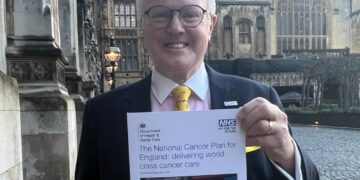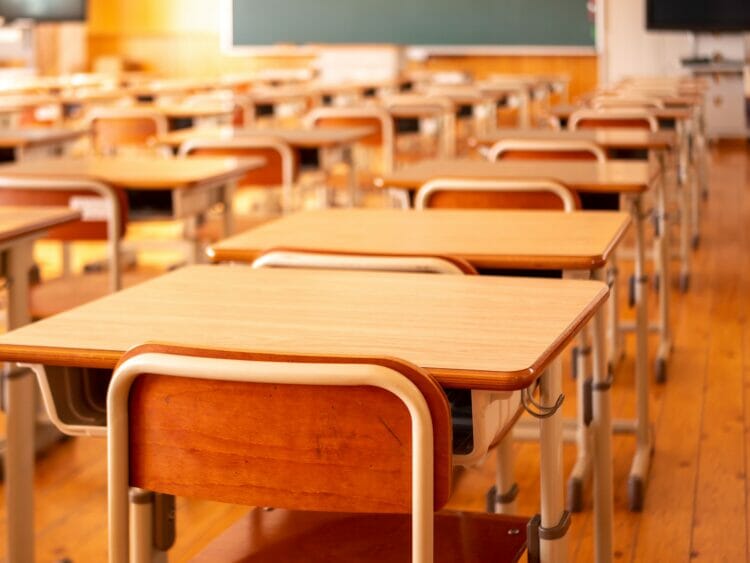READING’S schools will be among a number around the country to see thousands of pounds of investment to improve education about air quality.
Reading Borough Council has secured £327,000 of funding to create interactive educational programmes to raise awareness about the effect of air quality on health.
The town is one of 44 local authorities which will share a total of £10.7m in grants to help students understand air quality and change behaviours to improve it.
The council currently plans to build Key Stage lesson plans, workshops, and activities to be delivered to schools, including showing students how to measure air quality, educating them on its causes and impacts, and
Professor Hong Yang, project partner from the University of Reading, said: “We’ve already utilized state-of-the-art sensors to assess air quality in four schools in Reading.
“This new DEFRA project presents a great opportunity to collaborate with Reading Council, schools, and other partners to work on air quality in schools.
“Our aim is to raise the public’s awareness about the damaging effects of air pollution on children, parents and teachers’ health and inspire communities to make more effective changes that will result in cleaner air and a reduced carbon footprint in schools and the surrounding areas.”
Marta O’Brien, air quality researcher and project partner from the University of Reading, said: “Finding ways of protecting children from exposure to air pollution is an important part of our research.
“This means additional work is needed to understand where and how we can apply measures to reduce spikes of dangerous pollutants, especially by school gates.
“Collaboration with Reading Borough Council and other project partners means that our existing work can expand and reach more schools, children, and families.”
Councillor Tony Page, Reading’s Lead Councillor for Climate Strategy and Transport, said: “Securing this funding is great news for our schools and for helping to improve Reading’s environment.
“This will enable us to reach our younger generation and encourage them to be active and passionate ambassadors for the ways we can all help improve air quality.
“Air quality in Reading is generally good and our monitoring shows we meet all current UK air quality objectives for particulate matter.”
He continued: “However, and in common with many busy towns and cities, there are some areas close to congested roads where levels of nitrogen dioxide exceed air quality objectives and where levels of particulates are elevated.
“In these specific areas Reading faces serious challenges in terms of poor air quality which is having a real impact on the health of residents.”
He said that the council would remain “fully committed to maintaining and improving air quality across the town” as it works towards its ambition of a net-zero carbon Reading by 2030.
“This educational initiative forms part of our wider work to encourage behaviour change. We are already supporting four schools to run School Streets.”
Educational programmes are currently due to be implemented in September.























